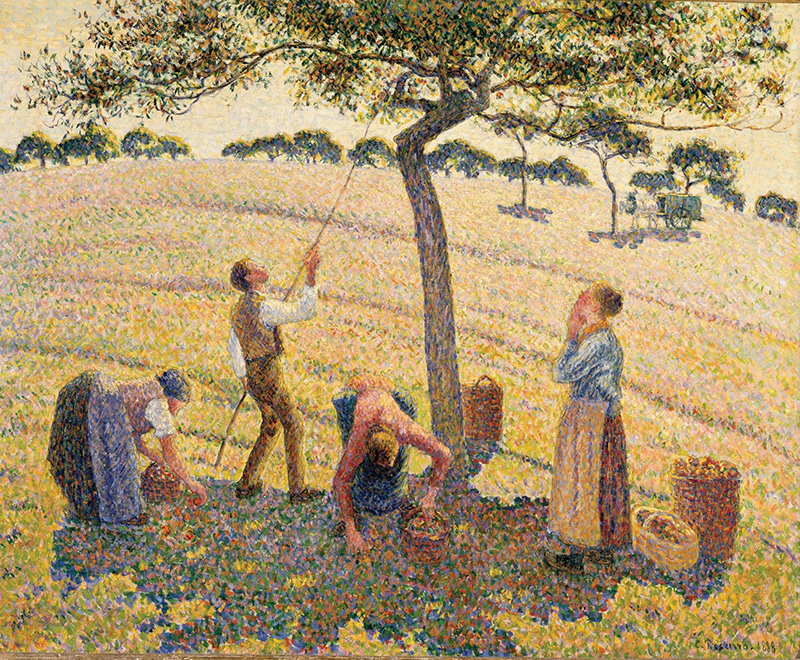
This course traces the evolution of economic ideas taking into account the contribution of the most influential authors including Aristotle, the Scholastics, the Physiocrats, Adam Smith, Thomas Robert Malthus, Jean-Charles Léonard Sismondi, David Ricardo, Karl Marx, the early Marginalists, Leon Walras, Alfred Marshall and John Maynard Keynes. The analysis of the methodological, theoretical and institutional issues of several schools of economic thought will stimulate a comparative and historical investigation of a few important questions such as what is and what has been the economy and which are the main characteristics of the economic science, what is the scientific status of economic laws and what are the relationships among Economics and other human and social sciences, what about the relationships among wealth, equality, human well-being and how they were supposed working within different theories that succeeded defining the objects and the scopes of the economic science. Students will be guided through key-concepts of economic theories to deal directly with the economists’ texts which will be red and commented during classes. This current year's topic focus will allow an in-depth analysis of the question of the value and sustainability of economic practices in relation to the use of natural resources
- Teacher: FRANCESCA DAL DEGAN